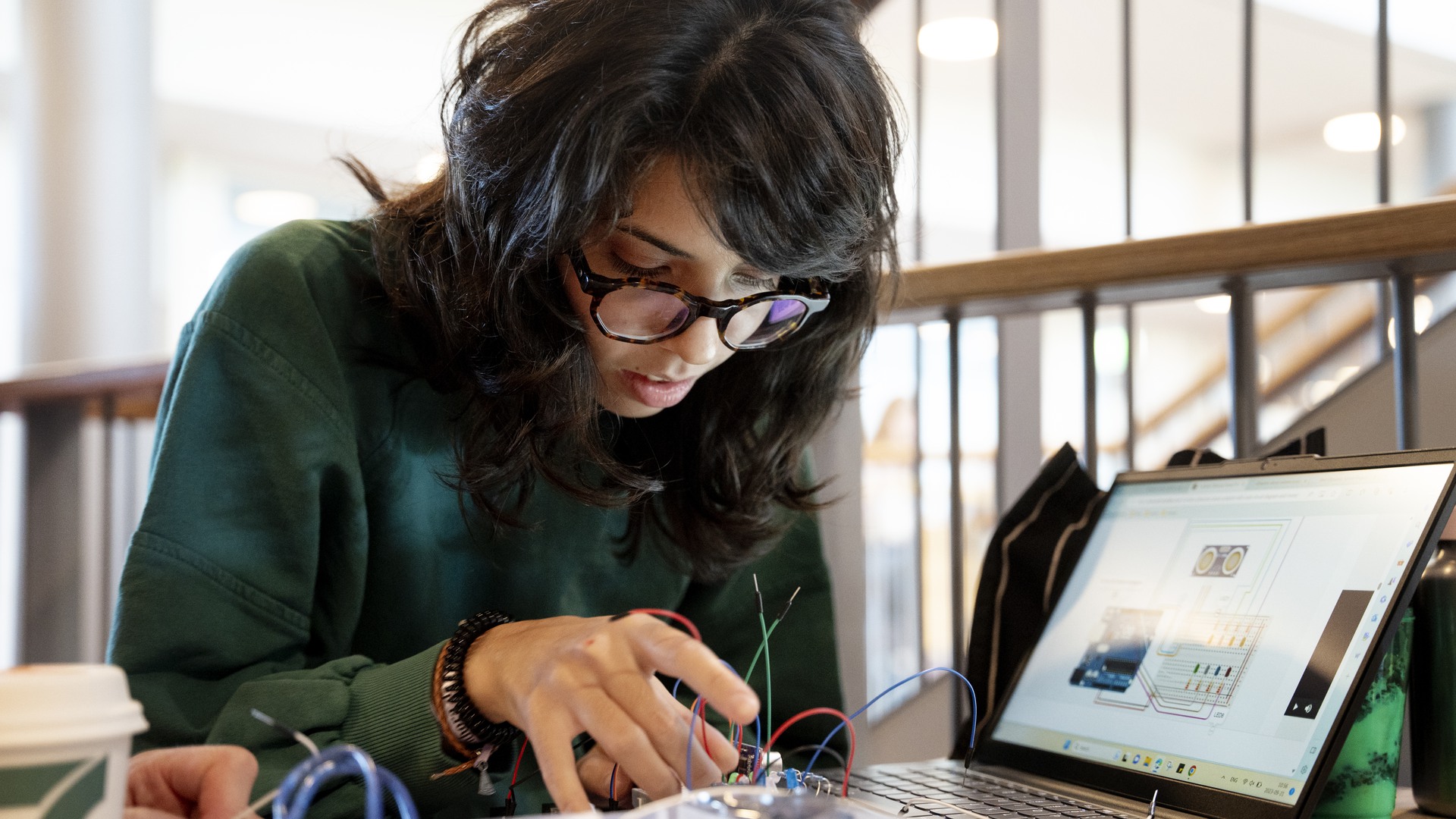- Akama, Y., Pink, S. & Sumartojo,S. (2018). Uncertainty & possibility: New approaches to future making in design anthropology. London: Bloomsbury.
- Bonnett, A. (2011). How to argue: Smarter study skills(3\.ed.). Harlow: Pearson Education Limited.
- Clemen R. & Reilly T. (2014). Making hard decisions with decision tools(3rd ed.). Mason, OH: South-WesternCollegePublishing.
- Syrett, M. & Devine, M. (2012). Managing uncertainty: Strategies for surviving and thriving in turbulent times.London: Profile Books.
- Wilson, I. & Ralson, B.(2006). Scenario planning handbook: Developing strategies in uncertain times.Mason, OH:South-Western Educational Publishing.
A collection of scientific articles will be added to the above mentioned literature.
EduSinglePage
About the course
In this course the student acquire theoretical knowledge and hands-on skills for solving problems and make critical and timely decisions in the face of uncertainty. They develop an ability to make sense of and navigate ambiguous situations, deal with challenges of rapid change, and make strategic decisions within the media technology field.
This course is offered as part of programme:
Course content
- methods and tools for problem solving and decision-making under uncertainty,
- creative and experimental methods for future making, scenario building and trend forecasting,
- critical thinking and critical decision-making,
- risk analysis and identification of threats and opportunities,
- decision-making theories.
Entry requirements
1. Bachelor degree in media technology or in a related field with a minimum 180 European Credit Transfer System credits. Examples of related fields include: computer science, informatics, information systems, human-computer interaction, interaction design, media/IT management, game development, media and communication science and digital cultural studies.
2. English proficiency equivalent to English 6 from a Swedish upper secondary school
Course literature
Course evaluation
The University provides students who are taking or have completed a course with the opportunity to share their experiences of and opinions about the course in the form of a course evaluation that is arranged by the University. The University compiles the course evaluations and notifies the results and any decisions regarding actions brought about by the course evaluations. The results shall be kept available for the students. (HF 1:14).

